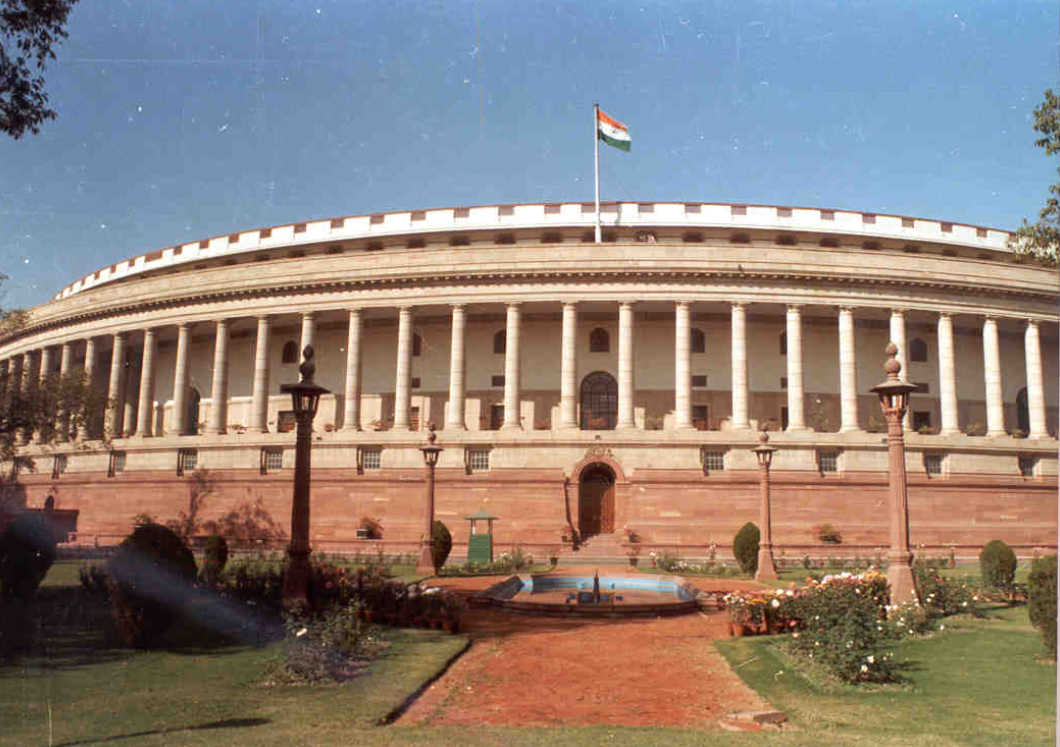The lower chamber of the Indian Parliament, Lok Sabha, engaged in a deliberation on the significance of the web3 and blockchain sector in India on December 6.
Rajeev Chandrasekhar, Minister of State for Electronics and Information Technology, emphasized the crucial role of Web3 and Blockchain technologies. These technologies, he highlighted, play a significant role in shaping India’s digital future.
Indian Parliament: Advocacy for Web3 Startups and Blockchain Innovation

In response to crucial questions, Chandrasekhar outlined the government’s support for Web3 startups. He emphasized the significance of nurturing emerging technologies and raising awareness about Web3.
In response to the parliamentary dialogue, Om Malviya, President at Tezos India, expressed his praise commending the escalating collaboration between Web3 startups and the Indian government.
Malviya lauded India as a fertile ground for Web3 startups. Entrepreneurs are increasingly exploring blockchain, cryptocurrencies, and decentralized technologies.
This trend fosters optimism regarding the transformative potential of this dynamic ecosystem. It is expected to contribute significantly to India’s economic expansion.
Malviya commended governmental initiatives like Algobharat, the Regulatory Sandbox, and the creation of a startup-friendly milieu. These endeavors are anticipated to create job opportunities and attract foreign investments, cultivating a flourishing Web3 startup ecosystem in India.
Furthermore, Malviya maintains a positive outlook, foreseeing India’s emergence as a global leader in blockchain innovation.
Cryptocurrency Regulatory Landscape in India: Challenges and Expectations

The existing regulatory landscape in India remains ambiguous due to a lack of regulatory clarity. Chainalysis, in an earlier report this year, identified India among the top nations with the highest crypto adoption rates.
Despite this, the government has yet to articulate regulations pertaining to cryptocurrencies. Crypto traders in India grapple with elevated tax rates, including a 30% income tax on crypto earnings and a direct 1% GST on crypto transactions.
India recently concluded its G20 Presidency, where crypto regulations emerged as a major topic and expectations are high that Indian crypto firms will gain clarity on regulations as early as next year.
Read More :
Robinhood Introduces Crypto Trading App with Zero Commissions in EU

